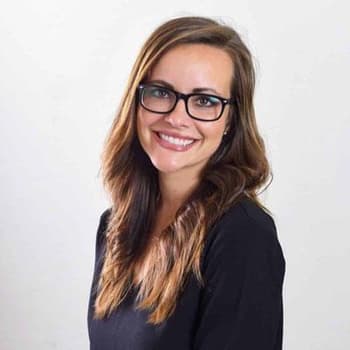What are a patient’s rights and responsibilities when they are prescribed opioids? Learn how to avoid addiction and take personal responsibility.
Chronic addiction to drugs or alcohol is an issue for many people. Addiction to prescription drugs may lead to the use of other drugs once a prescription has run out. When approaching the opioid crisis from the standpoint of someone who struggles with addiction, many questions surface, including:
- Is addiction a choice?
- What is the connection betweenaddiction and decision making?
- Can someone who struggles with addiction make rational decisions related to their care?
The2017 National Survey on Drug Use and Healthconducted by the Substance Abuse and Mental Health Services Administration reports that 11.1 million peopleabused opioids(age 12 and older) within the year surveyed. The National Institute on Drug Abuse explains that, in 2016,substance abuse costs$740 billion in the form of crime, health care andlost productivity.
Experts explain that there are a variety ofcontributing factors to addiction, including:
- Mental health issues
- Genetic predisposition
- Social or familial factors
Excessive drug or alcohol use typicallybegins as experimentation.Continued usecan result in substance use disorder. Prolonged substance abuse can cause medical, financial and social problems. However, when prescription medication is the abused drug, there are other factors to consider.
Prescription drug abuse often begins with a legitimate prescription after surgery or injury. The most commonly abused prescription drugs areopioidsand stimulants. The National Survey on Drug Use and Healthrecorded 2 millionnew instances in which people abused prescription pain medications in 2017. People also frequently abuse tranquilizers and sedatives. Opioids areparticularly susceptible to abusebecause they activate the reward system in the brain, providing pain relief and feelings of euphoria. When people begin to rely on the drug for the pleasurable feelings it elicits, it may create acycle of addiction.
Severalnew lawsare being enacted in various states that limit how long opioids can be prescribed for, from seven days to only three days. Electronic registries for opioid prescriptions and other systems are being tested to limit patient access and regulate prescriber practices. Despite these measures, many people today live with addictions that started with legal prescriptions. Whether or not a prescription continues, addiction may remain.
A Patient’s Response to Overprescribing
According to the Centers for Disease Control and Prevention, 17.4% of people in the United Statesreceived an opioid prescription in 2017. While prescription rates have decreased significantly over the past few years, the impacts of past prescribing practices still impact people today. There are many ways in which experts now believe that addiction is significantlyrelated to genetic predisposition or neurological factors. In other words, people who struggle with substance abuse are compelled by forces outside of their control. This raises the question ofaddiction and personal responsibility.
Much blame has been rightfully assigned to the role of overprescribing in the opioid epidemic. Because opioids are highly addictive, the risk of prescribing them to patients who have had surgery or are in chronic pain may not have been weighed heavily enough by doctors.
There are some ways that patients may respond to this process that can circumvent drug use. Patients have the right to:
- Ask foropioid alternatives for paintreatment
- Request drug specific information
- Ask for the lowest possible dose
- Schedule regular check-ups while on opioids
Symptoms of Addiction
When taking opioids for medical reasons, it is important to self-monitor anyvisible symptomsthat you are becoming addicted. These symptoms may include:
- Constipation or digestion issues
- Changed sleep patterns
- Mood swings
- Irritability when the medicine wears off
- Physical agitation
- Decreased motivation
- Anxiety
If you or someone you know is struggling with opioid addiction, manytreatment and rehabilitationoptions are available, including The Recovery Village.Reach outto a representative today for more information about treatment.
















